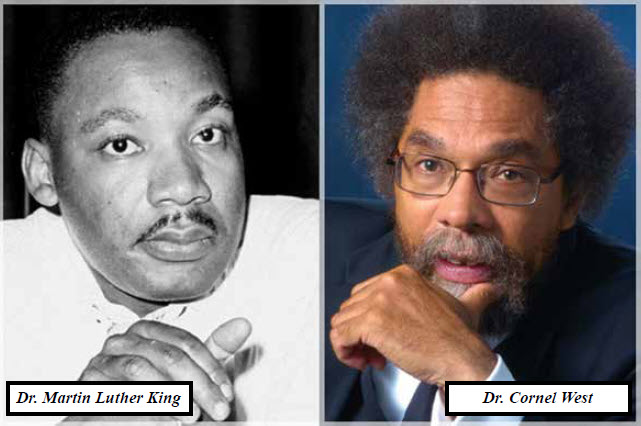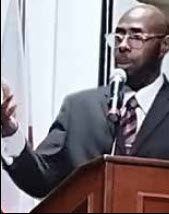Love, power, and justice are intricate yet interconnected principles that form the core of a morally grounded life. Cornel West, American philosopher and theologian, eloquently captures this relationship when he states, “Justice is what love looks like in public.” Dr. Martin Luther King Jr. famously said, “Power at its best is love implementing the demands of justice, and justice at its best is power correcting everything that stands against love.” This profound idea challenges conventional notions that reduce love to a mere expression of private affection. Instead, it emphasizes love as a powerful and active force driving collective responsibility, fairness, and justice in society.
Love, in this context, is not confined to personal relationships or fleeting emotions. It transcends individual connections and becomes a transformative force for societal change. True love is rooted in empathy, a deep recognition of the humanity in others, and the desire to see them thrive. It demands action—standing against oppression, creating equitable opportunities, and ensuring that systems of power uplift rather than marginalize.
When love is applied in the public sphere, it manifests as justice. It works to dismantle barriers that prevent people from living with dignity and freedom. Love calls for accountability, not just on a personal level but within institutions and communities, ensuring that fairness and compassion guide decision-making. It seeks to heal divisions, nurture community bonds, and foster a culture where every individual is valued and supported.
At its core, this vision of love is bold and radical. It requires courage to challenge injustice and the willingness to act selflessly for the greater good. Love in this sense is not passive; it’s a driving force for progress, a commitment to a better world where justice becomes the foundation of collective well-being. This expansive idea of love reminds us that living morally is not just about personal virtues but about creating a society where love and justice are inseparable.
Power is often viewed with skepticism, perceived as a tool for domination and control. However, Cornel West redefines power as an essential component of enacting justice and embodying love in action. He reminds us that without power, love may lack the necessary means to confront societal harms. Power must be wielded with humility and guided by moral clarity, ensuring it serves justice rather than selfish ambition. When grounded in love, power transforms into a force that uplifts rather than suppresses, operating in service of the common good.
Justice, as Cornel West highlights, is not about being superficially “nice” but demands a profound moral commitment. It calls individuals to help those who are left behind advocate for underrepresented communities, and embody love in tangible ways that reshape communities. At its core, justice requires the courage to confront uncomfortable truths while acting with compassion and moral integrity. This vision of justice as public love inspires a responsibility to engage in the world with both passion and purpose, uniting love, power, and justice as inseparable facets of a truly ethical life.
By: Eric M. Betts, PhD
Hampton University School of Religion | Athens State University Coleman Center for Religion Leadership and Culture








